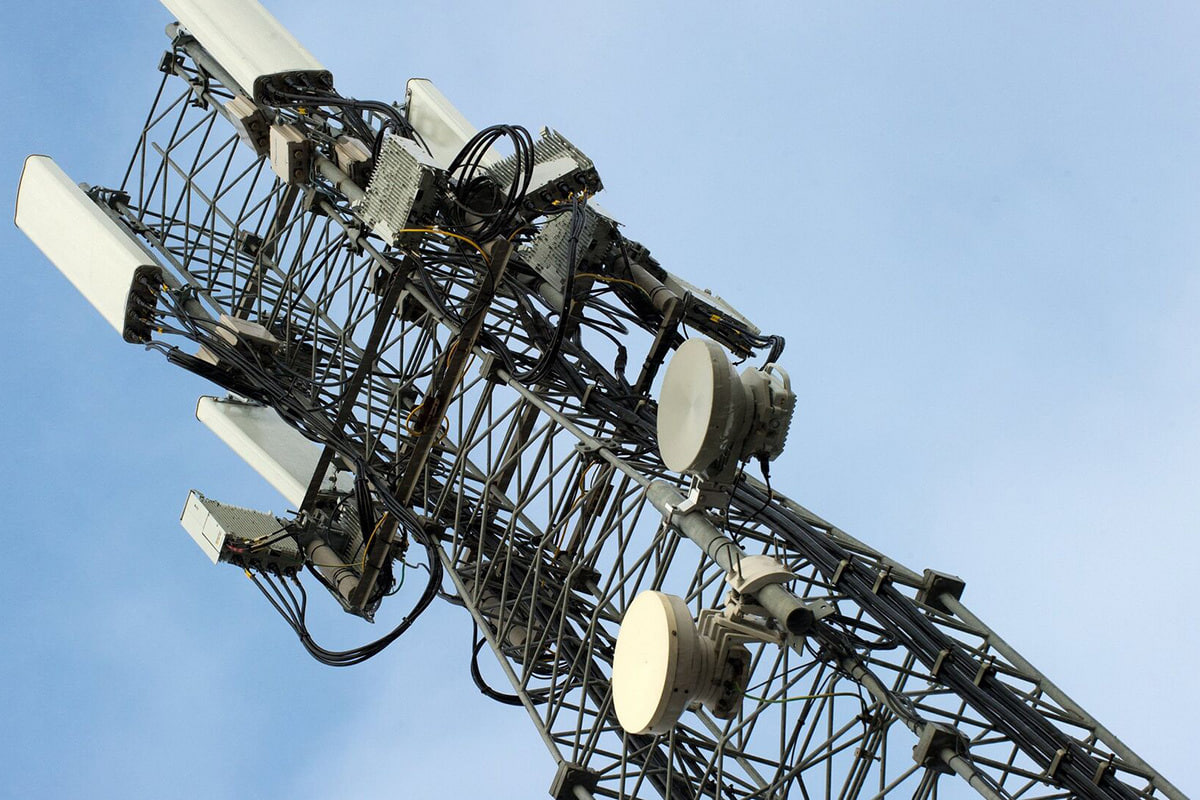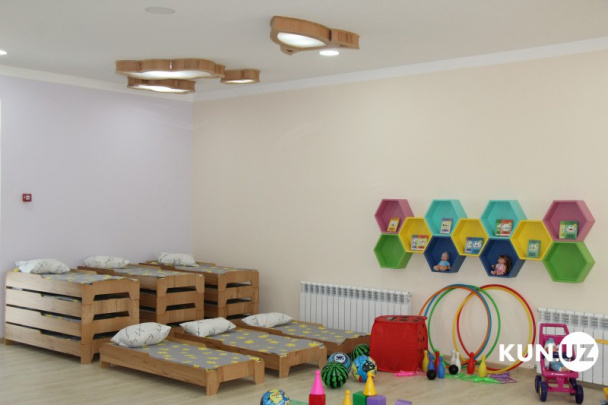Uzbekistan's telecom sector doubles in size, heads toward 30 trillion UZS
According to projections, Uzbekistan’s telecommunications market could reach 30 trillion UZS by 2027.

Photo: RIA Novosti
Uzbekistan has emerged as the fastest-growing telecommunications market among CIS (Commonwealth of Independent States) countries, Spot said citing an analytical report by Nexign and TelecomDaily.
Between 2020 and 2024, the volume of Uzbekistan’s telecom market doubled, reaching 20.9 trillion UZS. Although growth has slowed due to market saturation in basic services, the expansion rate still outpaces other regional economies: Uzbekistan's growth stands at 18.6%, compared to 13.6% in Kyrgyzstan, 11% in Kazakhstan, and 7.8% in Russia.
Forecasts suggest that over the next three years, Uzbekistan’s telecom sector will continue growing at an average annual rate of 12.7%, far above the 4–6% range expected for other CIS nations.
In 2024 alone, Nexign and TelecomDaily experts anticipate telecom services in Uzbekistan to grow by over 15%, reaching 24 trillion UZS. By the end of 2027, the market is projected to approach 30 trillion UZS.
The primary revenue drivers for telecom operators remain mobile and internet services. Last year, 93% of the population used broadband internet, marking a 4.3% year-on-year increase. Mobile penetration reached 81.1 per 100 people, indicating room for further growth.
Future demand for telecommunications and IT services will be driven by:
- The digital transformation of the economy,
- Continued development of telecom infrastructure,
- The expansion of digital services, and
- The growing popularity of IT solutions.
The Uzbekistan 2030 Strategy outlines ambitious goals for the sector, including:
- Providing 100% broadband coverage to the population,
- Ensuring mobile connectivity along all major highways, and
- Rolling out 5G networks in Tashkent, Nukus, and all regional centers.
Experts note that Uzbektelecom, the state-owned operator, dominates the home internet segment with an 83% market share. Most infrastructure projects are implemented by the company with government backing.
Meanwhile, the mobile segment remains highly competitive, particularly in the race to deploy 5G networks. Operators are diversifying by offering:
- Streaming and fintech services for B2C customers,
- Cloud solutions, and
- Big data analytics for the B2B sector.
Recommended
List of streets and intersections being repaired in Tashkent published
SOCIETY | 19:12 / 16.05.2024
Uzbekistan's flag flies high on Oceania's tallest volcano
SOCIETY | 17:54 / 15.05.2024
New tariffs to be introduced in Tashkent public transport
SOCIETY | 14:55 / 05.05.2023
Onix and Tracker cars withdrawn from sale
BUSINESS | 10:20 / 05.05.2023
Latest news
-
$3 million illegal high-rise in Samarkand faces demolition after years of delays
SOCIETY | 16:55
-
South Korea’s foreign population hits record high, including nearly 100,000 from Uzbekistan
SOCIETY | 15:26
-
New data shows regional disparities in Uzbekistan’s drinking water access
SOCIETY | 15:00
-
Former Toshshahartansxizmat chief released early after appeal replaces prison term with restricted freedom
SOCIETY | 13:03
Related News

19:10 / 25.07.2025
Uzbekistan ranks fourth among CIS countries in mobile internet speed

15:03 / 13.03.2025
Uzbekistan's private kindergarten fees among highest in the CIS

22:03 / 20.02.2025
Tashkent to host CIS Economic Council meeting in April

20:23 / 25.12.2024



